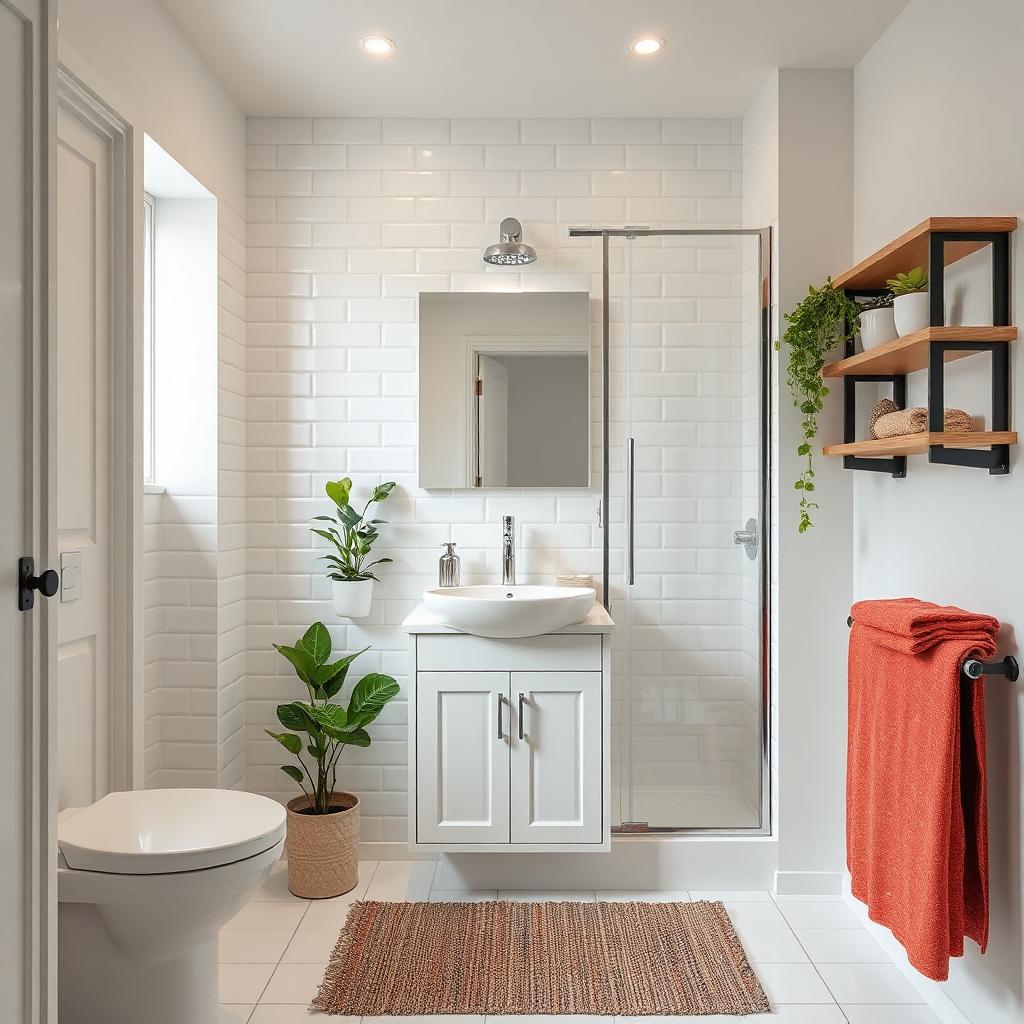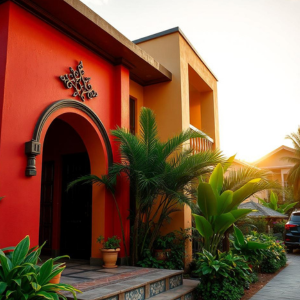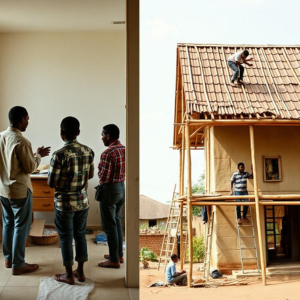Buying Land in Ghana: 7 Critical Steps to Avoid Scams
Introduction Buying land in Ghana? Save thousands and sleep easy when you follow these steps to buying land in Ghana. With rapid urbanisation, steady population growth, and increased demand for housing and commercial spaces, land values continue to appreciate nationwide. From the bustling streets of Accra to the rapidly developing hubs of Kumasi and Takoradi, land ownership promises both security and long-term wealth. According to recent reports, land prices in key areas, such as Accra, increased by approximately 15% last year alone, reflecting strong demand and promising potential for future growth in the real estate market. However, buying land in Ghana is not always straightforward. Many investors, both local and from abroad, have lost money to scams, double sales, and ongoing disputes. Failing to conduct proper checks can result in lengthy court battles, financial losses, and stress. The good news? With the proper steps, you can confidently secure land in Ghana without falling into common traps. In this guide, we’ll walk you through the seven critical steps every intelligent investor must take to avoid scams and protect their investment. First, we’ll set clear goals and establish a budget, then we’ll explore how to choose the correct location. We’ll also cover how to verify land ownership, conduct essential land searches, and involve a qualified lawyer. Finally, we’ll discuss negotiating a proper sales agreement and the importance of registering the land in your name. Let’s dive into each step for a successful land purchase. Step 1: Define Your Purpose and Budget Before you even start looking at plots of land, you need clarity. Are you buying land to: Build your dream home? Start a commercial project (shops, apartments, or warehouses)? Farm or invest for the future resale value? Your purpose will shape everything—from location to documentation requirements. Tip: Don’t just budget for the land itself. You’ll also need to account for: Survey fees Legal fees Land search and registration at the Lands Commission Possible community or traditional authority charges Ignoring these hidden costs is a common mistake that leads to stalled projects. To help budget more realistically, you should expect survey fees to range between $200 and $500, legal fees to average around $300 to $700, and registration at the Lands Commission to vary from $100 to $150. Note that these are ballpark figures, and actual costs can be influenced by different factors such as location and the professionals you hire. Step 2: Choose the Right Location In real estate, location is everything. Prime areas like East Legon, Cantonments, and Airport Residential in Accra are costly but come with high resale value. Developing areas such as Kasoa, Dodowa, and Pokuase offer more affordable plots but may require patience for full development. Regional cities like Kumasi, Takoradi, and Tamale present growing opportunities due to industrial expansion and population growth. When choosing a location, consider: Road access and transportation Proximity to schools, hospitals, and markets Risk of flooding or poor drainage Security and neighbourhood reputation Red flag: Avoid buying land that seems “too cheap to be true.” Often, such plots are disputed, unregistered, or located in high-risk zones. Step 3: Verify the Land Ownership This is the step where many buyers go wrong. In Ghana, land ownership can be complex: Stool land (owned by chiefs/traditional authorities) Family land (controlled by clans or families) Government land (reserved for state use or already acquired for projects) Private land (individually owned, often easier to verify) Unfortunately, some landowners sell the same plot to multiple buyers. Others may not even have full rights to the land they are selling. Action: Always demand ownership documents, including a site plan and indenture. Cross-check them with official authorities before making any payments. To verify these documents, first, visit the Lands Commission. Submit copies of the papers alongside an application form and the required fee to confirm their validity. It may also be helpful to consult a licensed surveyor to ensure that the site plan aligns with existing records and documentation. Be aware that presenting fake documents or incomplete signatures can result in severe legal consequences, including fines and imprisonment. By taking these steps, you increase the security of your investment. Step 4: Conduct a Land Search at the Lands Commission Never skip this step. It is your legal protection. A land search at the Lands Commission helps you confirm: Whether the land is registered. The rightful owner’s details. Whether the land is under litigation, government acquisition, or has already been sold. The process typically requires: A copy of the site plan (bearing a valid surveyor’s stamp). Application forms and fees. Once the search is completed, the Lands Commission will provide an official search report or certificate. This printout will detail critical information, including the ownership status, registration details, and any existing disputes or encumbrances affecting the land. It is essential to review this document carefully to ensure that all information aligns with previously verified details. If the certificate indicates any disputes or issues, seek clarification from the Lands Commission or consult your lawyer for guidance. It typically takes between 2 and 6 weeks to complete a land search, but it’s worth the wait. Many land disputes could have been avoided if buyers had conducted thorough searches. Step 5: Involve a Qualified Lawyer Hiring a lawyer may feel like an unnecessary expense, but it’s one of the best investments you can make in the land-buying process. A qualified real estate lawyer will: Verify all documents and signatures. Draft or review the sales agreement. Ensure the transaction complies with Ghanaian property laws and regulations. Many buyers rely only on agents or sellers, which can leave them unprotected. Remember, your lawyer is there to look out for your interests, not the seller’s. To find a qualified real estate lawyer in Ghana, consider contacting the Ghana Bar Association for recommendations. Seeking referrals from friends or colleagues who have successfully purchased land can also be helpful. Additionally, ensure the lawyer has experience in real estate transactions and is familiar with the specific legal landscape in
Buying Land in Ghana: 7 Critical Steps to Avoid Scams Read Post »




